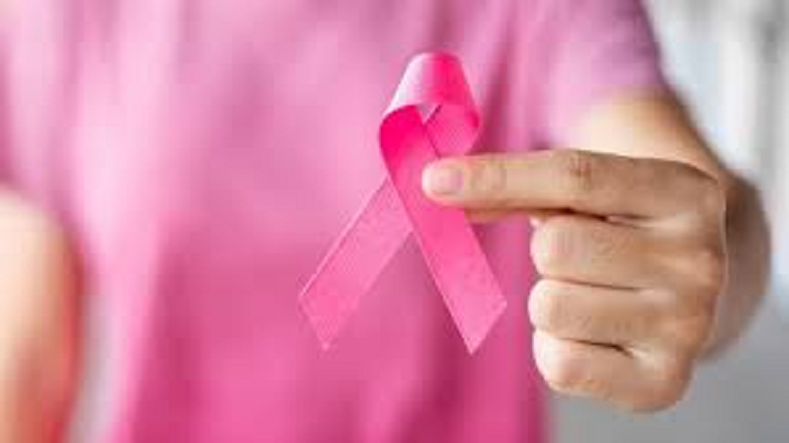This type of cancer is spreading rapidly among the youth, know its symptoms, danger and ways to avoid it today.
- bySherya
- 28 Aug, 2025

Nowadays, cancer is affecting a large number of people. Let us tell you which cancer is affecting people rapidly and what should be done to prevent it.

According to the Cancer Research Institute, cases of colon cancer have been increasing by about 2 percent every year since the mid-1990s among young people aged 20 to 39. Experts believe that a sedentary lifestyle, lack of exercise, and high consumption of processed food and red meat are the main reasons for this increase.
Dr Prabhu Nesargikar, Senior Consultant, GI and Peritoneal Cancer and Robotic Surgery, HCG Cancer Centre, Bangalore, while talking to Hindustan Times, said that colon cancer starts from small growths or polyps in the large intestine. He said, "Most polyps are harmless, but some can slowly turn into cancer in 10 years if not identified and removed in time. Cancer can start from the innermost layer and spread to deeper layers and spread to other parts of the body through blood cells or lymph nodes."
Risk Factors
The major factors that increase the risk of colon cancer include;
- genetic conditions such as Lynch syndrome
- Family history of colon cancer, polyps, or advanced polyps
“Active screening and timely removal of polyps play an important role in preventing colon cancer,” Dr. Nesargikar said.
Causes of Colon Cancer Growth
The reason for the increasing rate of this cancer in the youth is not completely clear, but smoking, obesity, and lack of physical activity are the major causes. Apart from this, inflammation of the intestine, gut bacteria, and nutrition also play a big role. Unhealthy foods, high consumption of processed meat, lack of fruits and vegetables, and excess weight can increase the risk of colon cancer. "Hereditary conditions play a role in only 10-20 percent of cases. Some medicines, such as antibiotics, and lifestyle choices can affect the gut flora and increase the risk of cancer," Dr.
Symptoms, screening and prevention
Most patients do not show any symptoms initially, but abdominal pain, blood in urine, changes in urine, weight loss, weakness and fatigue can be some signs. Screening should start at age 45 for normal-risk individuals and those with a family history of the disease, Dr. advised limiting alcohol consumption, quitting smoking, increasing intake of fruits, vegetables and whole grains, exercising regularly and maintaining a healthy weight.






